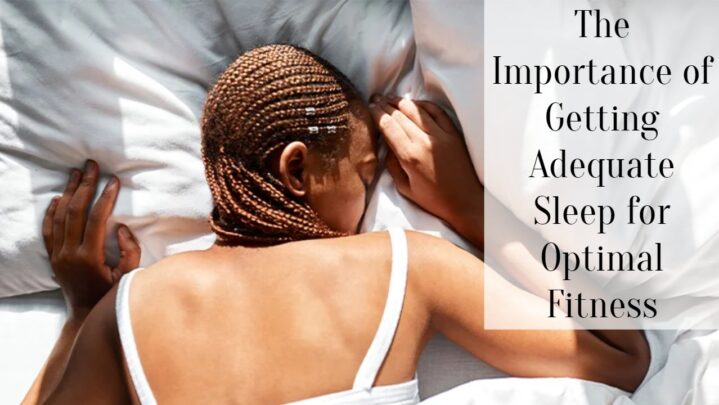Sleep is essential for healing and rebuilding our bodies, and lack of sleep may have a substantial impact on physical and mental function.
Our bodies go through numerous phases of sleep while sleeping, including deep sleep and rapid eye movement (REM) sleep. Our bodies heal and rejuvenate tissues during deep sleep, but REM sleep is critical for storing memories and improving cognitive performance.
Inadequate sleep can have a substantial impact on physical performance. It can result in diminished endurance, muscular strength, and delayed reaction times. Sleep deprivation can also weaken our immune systems, leaving us more prone to diseases and infections.
Furthermore, sleep is important in weight management. Sleep deprivation can disrupt hormones that control appetite and metabolism, resulting in increased hunger and cravings as well as weight gain.
Getting enough sleep is also important for mental wellness. Chronic sleep deprivation has been associated with an increased risk of anxiety and depression. Sleep deprivation can also impede cognitive function, making it difficult to focus and influence decision-making ability.
So, how much sleep do we require for peak fitness? While the recommended number of hours of sleep varies by age, most individuals need between 7-9 hours of sleep every night. The quality of sleep, though, is just as crucial as the amount. A sleep-friendly atmosphere, such as a calm, dark, and cold bedroom, is vital.





